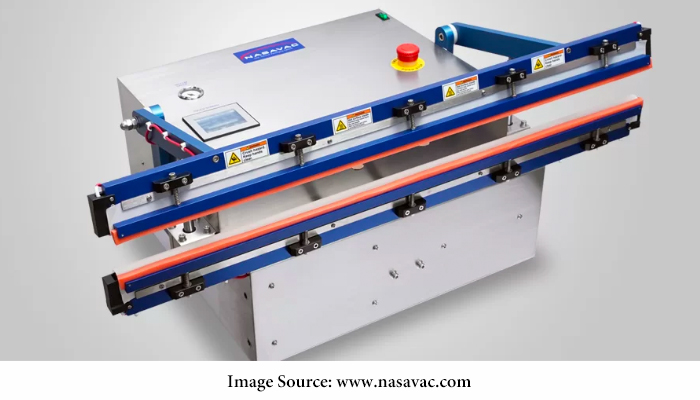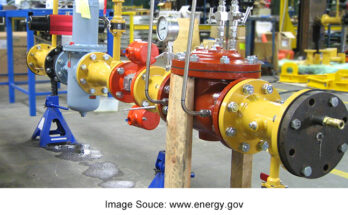Industrial chamber vacuum sealers play a crucial role in preserving and extending the shelf life of various products, from food items to pharmaceuticals. These machines remove air from the packaging, creating an airtight seal that prevents spoilage and oxidation. With numerous models available on the market, choosing the right industrial chamber vacuum sealer for your business can be challenging.
Performance and Power
The first factor to consider when comparing industrial chamber vacuum sealers is their performance and power capabilities. Look for models with robust vacuum pumps and high capacity to ensure efficient air removal. Powerful machines can handle a higher volume of packaging, increasing productivity and reducing sealing time. Some models may offer adjustable vacuum levels, allowing you to customize the sealing process according to the specific requirements of your products.
Sealing Bar Length and Configuration
The sealing bar length is a critical consideration, as it determines the size of the packages you can seal. Opt for a machine with a longer sealing bar if you frequently package large items or multiple smaller items in a single bag. Additionally, check the sealing bar configuration—some models come with double or dual sealing bars, which provide stronger and more reliable seals, reducing the risk of leaks and spoilage.
Construction and Durability
The build quality of an industrial chamber vacuum sealer significantly impacts its longevity and overall performance. Look for models constructed from high-quality materials such as stainless steel, which offers excellent durability and resistance to corrosion. A well-built machine will withstand heavy usage in industrial settings, ensuring a long lifespan and reducing maintenance costs.
Automation and User-Friendly Interface
Automation features can streamline your packaging process and improve efficiency. Consider models with programmable settings that allow you to save specific sealing parameters for different products. A user-friendly interface with intuitive controls and a digital display simplifies operation, reducing the learning curve for your staff and minimizing the risk of errors during sealing.
Maintenance and Cleaning
Regular maintenance is essential to keep your vacuum sealer functioning optimally. Some models may offer self-cleaning functions, making the maintenance process more convenient. Additionally, easy access to critical components, such as the vacuum pump and sealing bar, simplifies cleaning and maintenance tasks, ensuring that your machine remains in top condition.
Energy Efficiency
In industrial settings, energy efficiency is crucial to minimize operating costs and reduce environmental impact. Look for tabletop vacuum sealer models with energy-saving features like standby modes or automatic shut-off after periods of inactivity. A well-designed vacuum sealer will strike a balance between high performance and energy efficiency, helping you achieve cost savings in the long run.
Safety Features
Safety is paramount when dealing with industrial equipment. Ensure the vacuum sealer model you choose has appropriate safety features, such as overheating protection and emergency stop buttons. Additionally, some models may have sensors to detect anomalies during the sealing process, preventing accidents and product damage.
Additional Features and Accessories
Consider any additional features or accessories that come with the vacuum sealer. Some models may offer gas flushing capabilities, which replace the air with an inert gas, ideal for packaging delicate products like chips or perishable items. Others may include vacuum bags or pouches as part of the package, providing added value to your purchase.


